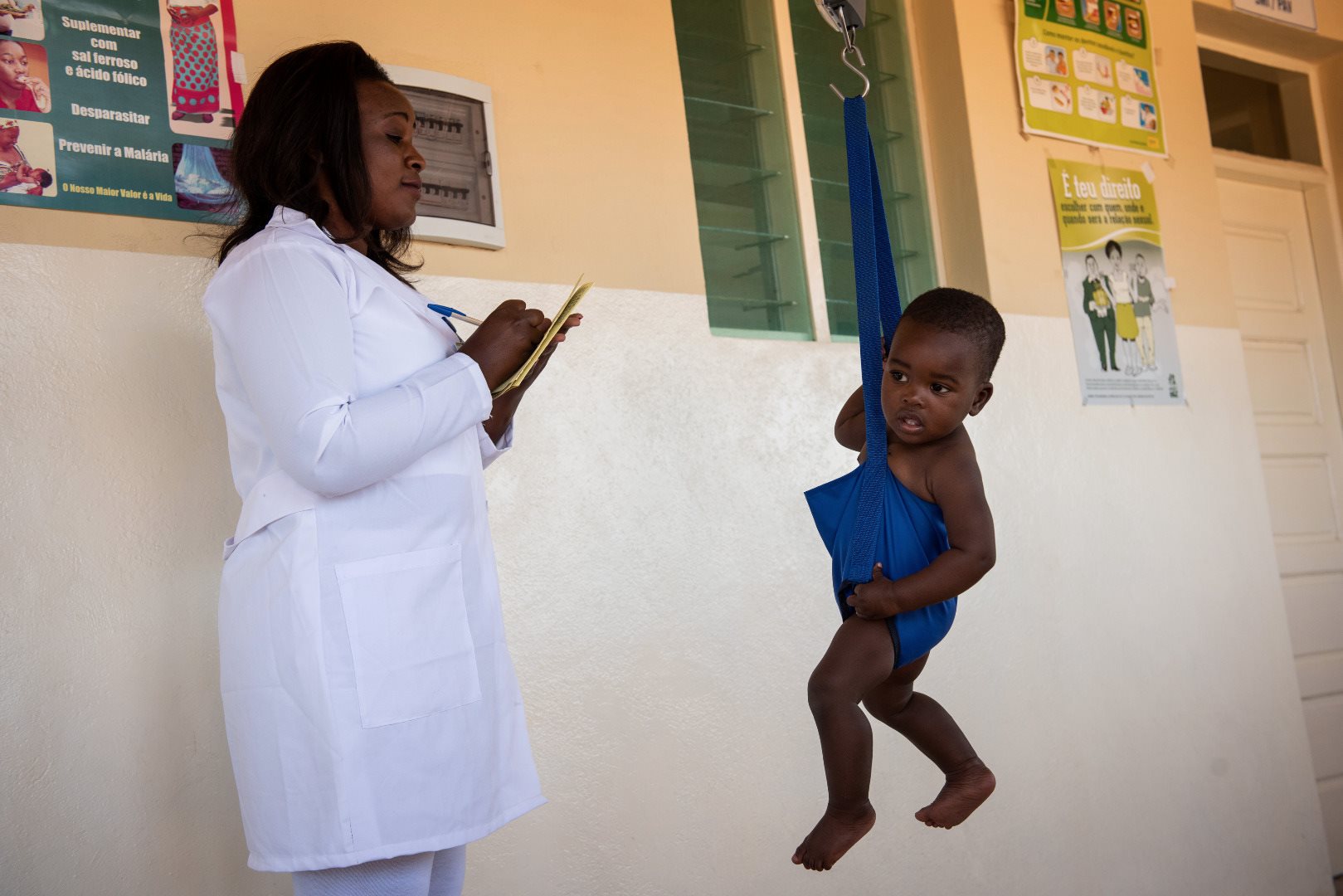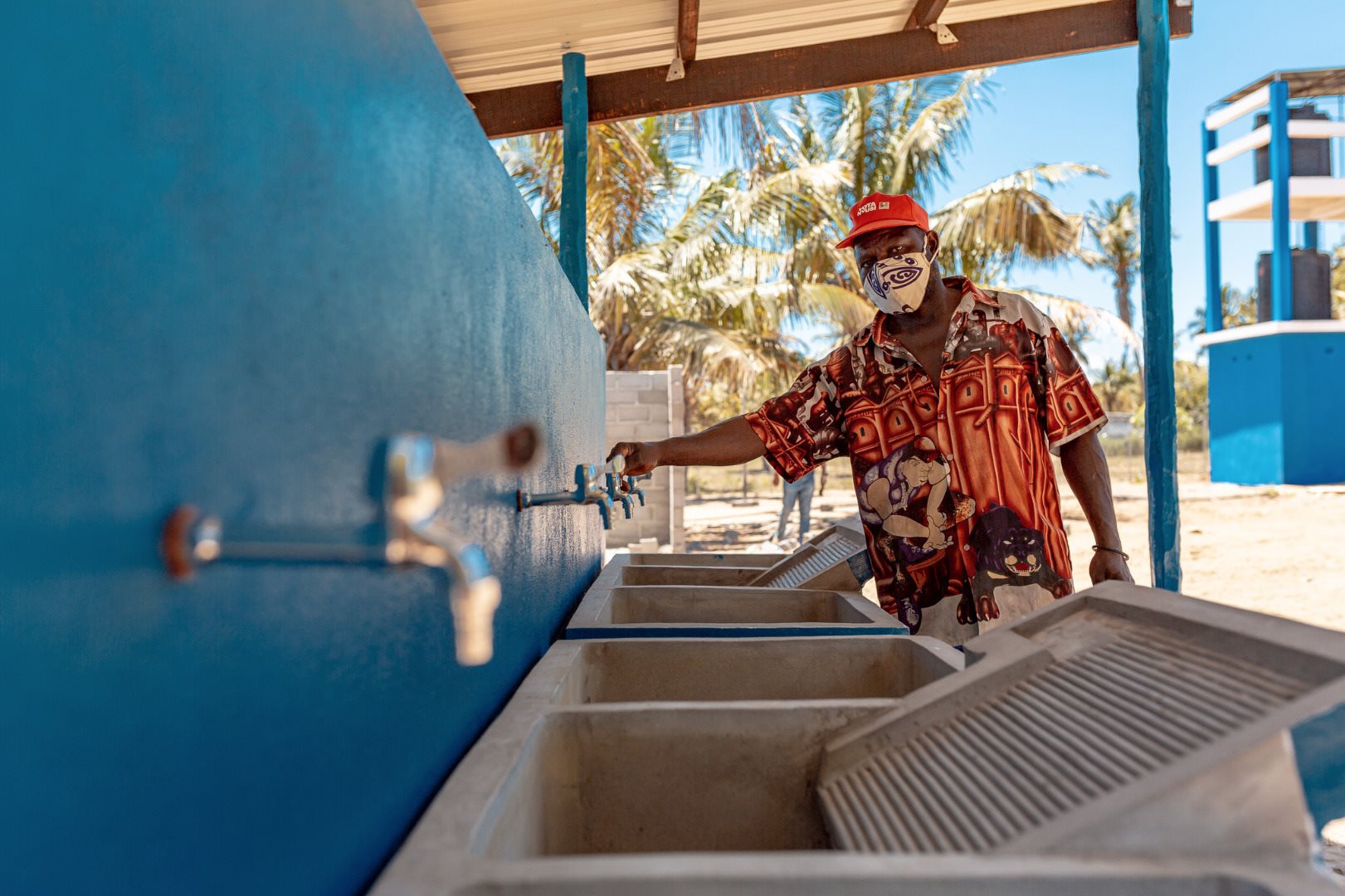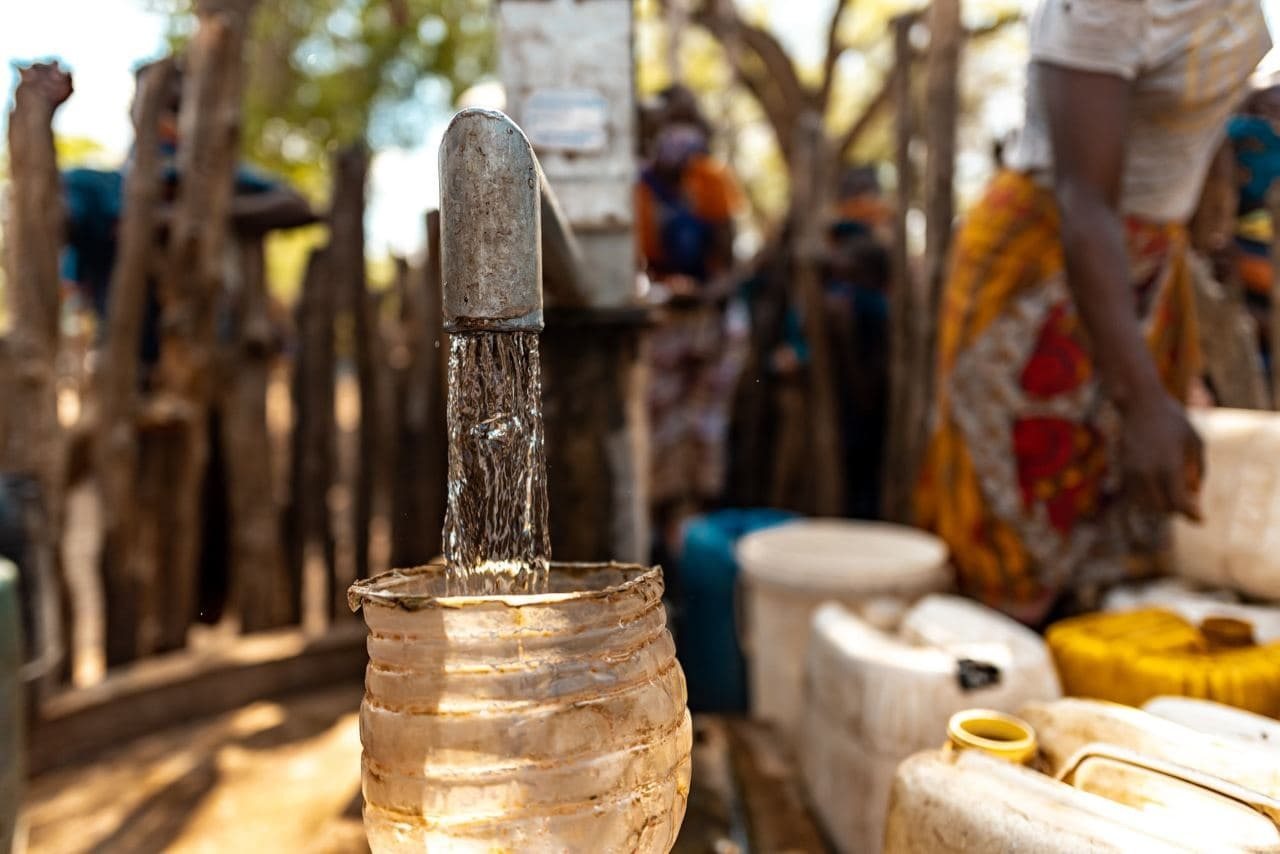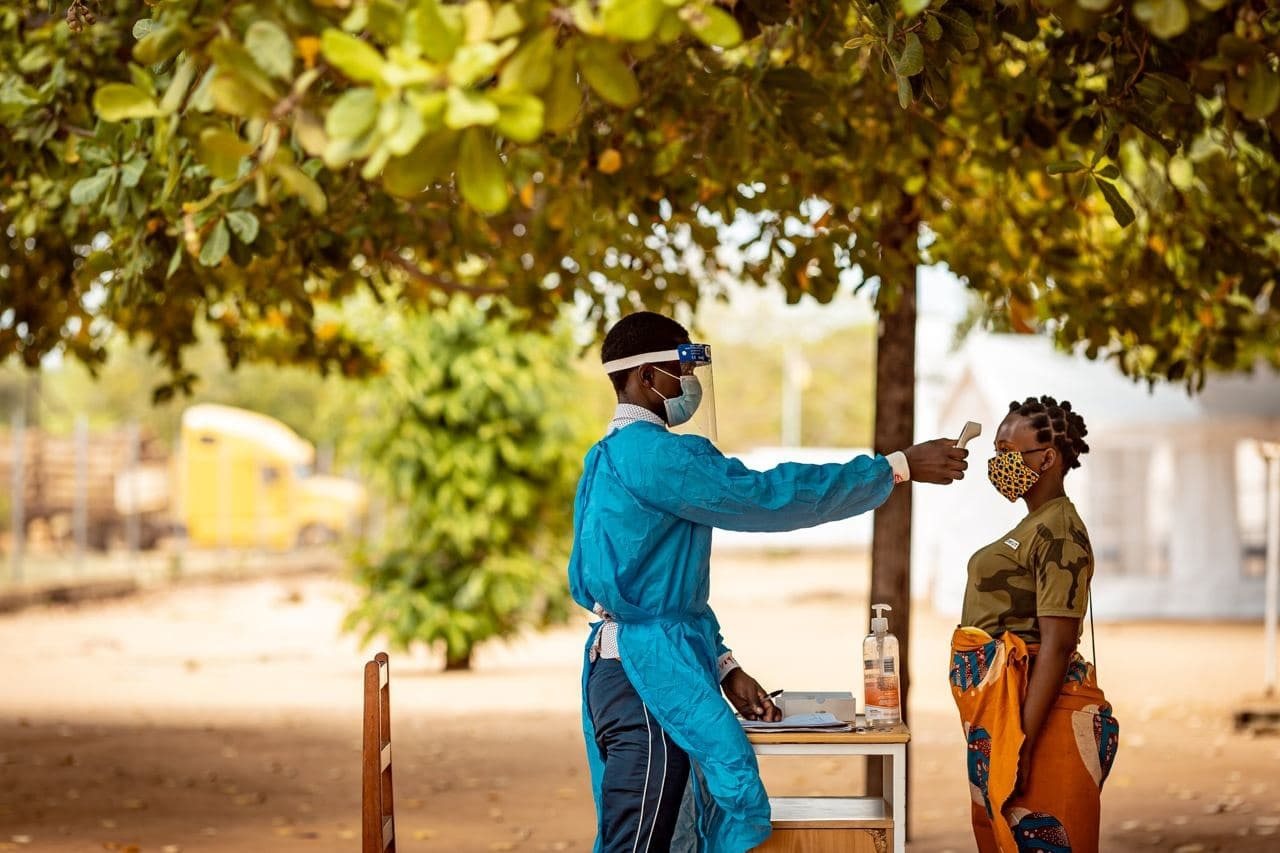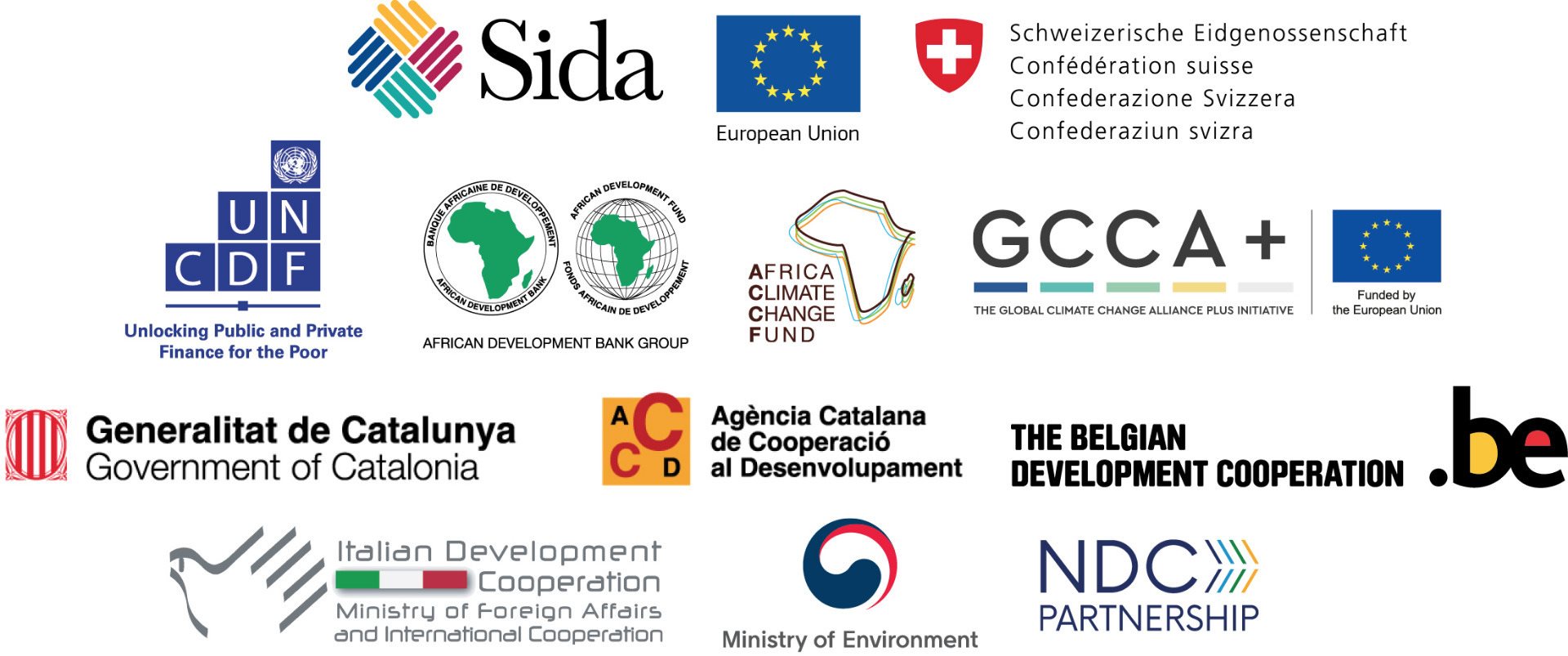National Response
Mozambique is undergoing a major decentralization and deconcentration reform that will see the gradual transfer of responsibilities, personnel and funding to the provincial and district level. In 2018, a constitutional amendment allowed the entry of new decentralized and deconcentrated hybrid bodies characterized by the election, in 2019, of governors and members of provincial assemblies with their own powers. The process is due to be completed with general elections in 2024 and will see transfer of a host of responsibilities to district level including many that are key to climate change adaptation suhc as: preservation of the environment; commerce and industry; water supply;natural resource management; energy resources; transportation and public transit, participatory local development; public services; public works; and recreation, culture and tourism. Many of these sectors figure prominently in climate change adaptation.
